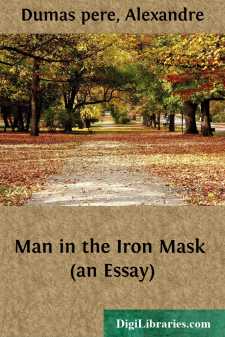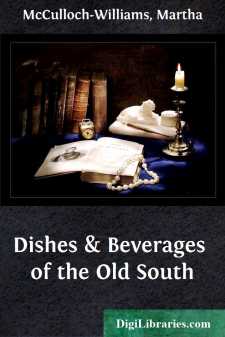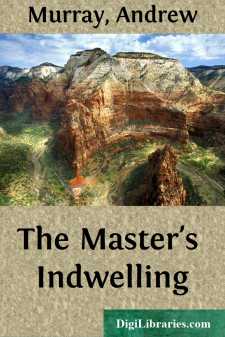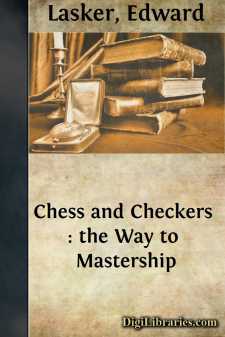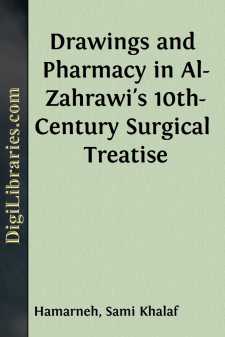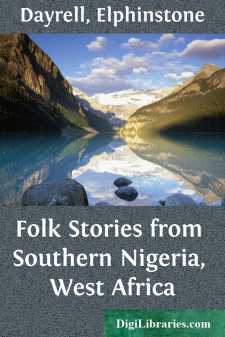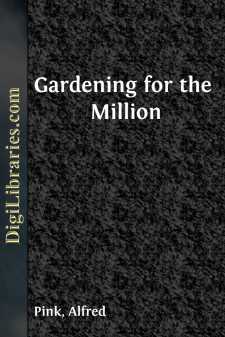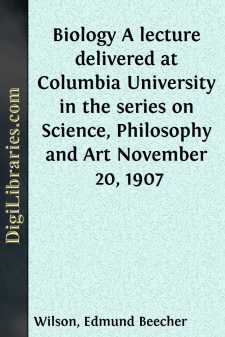Categories
- Antiques & Collectibles 13
- Architecture 36
- Art 48
- Bibles 22
- Biography & Autobiography 813
- Body, Mind & Spirit 142
- Business & Economics 28
- Children's Books 17
- Children's Fiction 14
- Computers 4
- Cooking 94
- Crafts & Hobbies 4
- Drama 346
- Education 46
- Family & Relationships 57
- Fiction 11829
- Games 19
- Gardening 17
- Health & Fitness 34
- History 1377
- House & Home 1
- Humor 147
- Juvenile Fiction 1873
- Juvenile Nonfiction 202
- Language Arts & Disciplines 88
- Law 16
- Literary Collections 686
- Literary Criticism 179
- Mathematics 13
- Medical 41
- Music 40
- Nature 179
- Non-Classifiable 1768
- Performing Arts 7
- Periodicals 1453
- Philosophy 64
- Photography 2
- Poetry 896
- Political Science 203
- Psychology 42
- Reference 154
- Religion 513
- Science 126
- Self-Help 84
- Social Science 81
- Sports & Recreation 34
- Study Aids 3
- Technology & Engineering 59
- Transportation 23
- Travel 463
- True Crime 29
Sort by:
THE TRUE VINE 'I am the true vine, and My Father is the husbandman. Every branch in Me that beareth not fruit He taketh away; and every branch that beareth fruit He purgeth it, that it may bring forth more fruit. Now ye are clean through the word which I have spoken unto you. Abide in Me, and I in you. As the branch cannot bear fruit of itself, except it abide in the vine; no more can ye, except...
more...
by:
Isaac Watts
My Dear Young Friends, Whom I am constrained to love and honour by many Obligations. It was the generous and condescending Friendship of your Parents under my weak Circumstances of Health, that brought me to their Country-Seat for the Benefit of the Air; but it was an Instance of most uncommon Kindness, to supply me there so chearfully for two Years of Sickness with the richest Conveniences of Life....
more...
For nearly one hundred years this curious problem has exercised the imagination of writers of fiction—and of drama, and the patience of the learned in history. No subject is more obscure and elusive, and none more attractive to the general mind. It is a legend to the meaning of which none can find the key and yet in which everyone believes. Involuntarily we feel pity at the thought of that long...
more...
Grace before Meat"Let me cook the dinners of a nation, and I shall not care who makes its laws." Women, if they did but know it, might well thus paraphrase a famous saying. Proper dinners mean so much—good blood, good health, good judgment, good conduct. The fact makes tragic a truth too little regarded; namely, that while bad cooking can ruin the very best of raw foodstuffs, all the arts of...
more...
by:
Andrew Murray
CARNAL CHRISTIANS. I. 1 Corinthians 3: 1.—And I, brethren, could not speak unto you as unto spiritual, but as unto carnal.The apostle here speaks of two stages of the Christian life, two types of Christians: "I could not speak unto you as unto spiritual, but as unto carnal, even as unto babes in Christ." They were Christians, in Christ, but instead of being spiritual Christians, they were...
more...
by:
Edward Lasker
PREFACE The present world war has given great impetus to the game of Chess. In the prison camps, in the field hospitals, in the training camps and even in the trenches Chess has become a favorite occupation in hours of leisure, not only because it offers a most fascinating pastime, but mainly because it serves beyond any doubt to develop what is now the most interesting study for every soldier—the...
more...
Drawings and Pharmacy in al-ZahrÐâÐÐwÐâЫ’s by Sami Hamarneh Probably the earliest independent work in Arabic Spain to embrace the whole of medical knowledge of the time is the encyclopedic al-TasrÐâЫf, written in the late 10th century by AbÐâ¦Ð« al-QÐâÐÐsim al-ZahrÐâÐÐwÐâЫ, also known as Abulcasis....
more...
INTRODUCTION Many years ago a book on the Folk-Tales of the Eskimo was published, and the editor of The Academy (Dr. Appleton) told one of his minions to send it to me for revision. By mischance it was sent to an eminent expert in Political Economy, who, never suspecting any error, took the book for the text of an interesting essay on the economics of "the blameless Hyperboreans." Mr....
more...
by:
Alfred Pink
A Aaron's Rod.—See "Solidago." Abelia.—Very ornamental evergreen shrubs, bearing tubular, funnel-shaped flowers. They succeed in any ordinary soil if the situation is warm and sheltered, and are readily raised by cuttings. Height, 3 ft. to 4 ft. Abies (Spruce Firs).—Among these ornamental conifers mention may be made of the beautiful Japanese Spruce Ajanensis, which grows freely in...
more...
BIOLOGY I must at the outset remark that among the many sciences that are occupied with the study of the living world there is no one that may properly lay exclusive claim to the name of Biology. The word does not, in fact, denote any particular science but is a generic term applied to a large group of biological sciences all of which alike are concerned with the phenomena of life. To present in a...
more...




